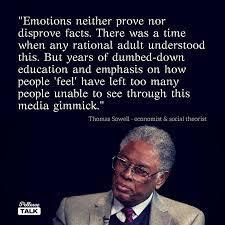I don't expect to be blogging over the rest of Christmas and the New Year, so I wish you all a very happy, peaceful Feast of the Nativity.
Gregory of Nyssa, in his Christmas homilies, developed the same vision setting out from the Christmas message in the Gospel of John: “He pitched his tent among us” (Jn 1:14). Gregory applies this passage about the tent to the tent of our body, which has become worn out and weak, exposed everywhere to pain and suffering. And he applies it to the whole universe, torn and disfigured by sin. What would he say if he could see the state of the world today, through the abuse of energy and its selfish and reckless exploitation? Anselm of Canterbury, in an almost prophetic way, once described a vision of what we witness today in a polluted world whose future is at risk: “Everything was as if dead, and had lost its dignity, having been made for the service of those who praise God. The elements of the world were oppressed, they had lost their splendour because of the abuse of those who enslaved them for their idols, for whom they had not been created” (PL 158, 955f.). Thus, according to Gregory’s vision, the stable in the Christmas message represents the ill-treated world. What Christ rebuilds is no ordinary palace. He came to restore beauty and dignity to creation, to the universe: this is what began at Christmas and makes the angels rejoice. The Earth is restored to good order by virtue of the fact that it is opened up to God, it obtains its true light anew, and in the harmony between human will and divine will, in the unification of height and depth, it regains its beauty and dignity. Thus Christmas is a feast of restored creation. It is in this context that the Fathers interpret the song of the angels on that holy night: it is an expression of joy over the fact that the height and the depth, Heaven and Earth, are once more united; that man is again united to God. According to the Fathers, part of the angels’ Christmas song is the fact that now angels and men can sing together and in this way the beauty of the universe is expressed in the beauty of the song of praise.
Pope Benedict XVI, Christmas homily 2007
.webp)

























